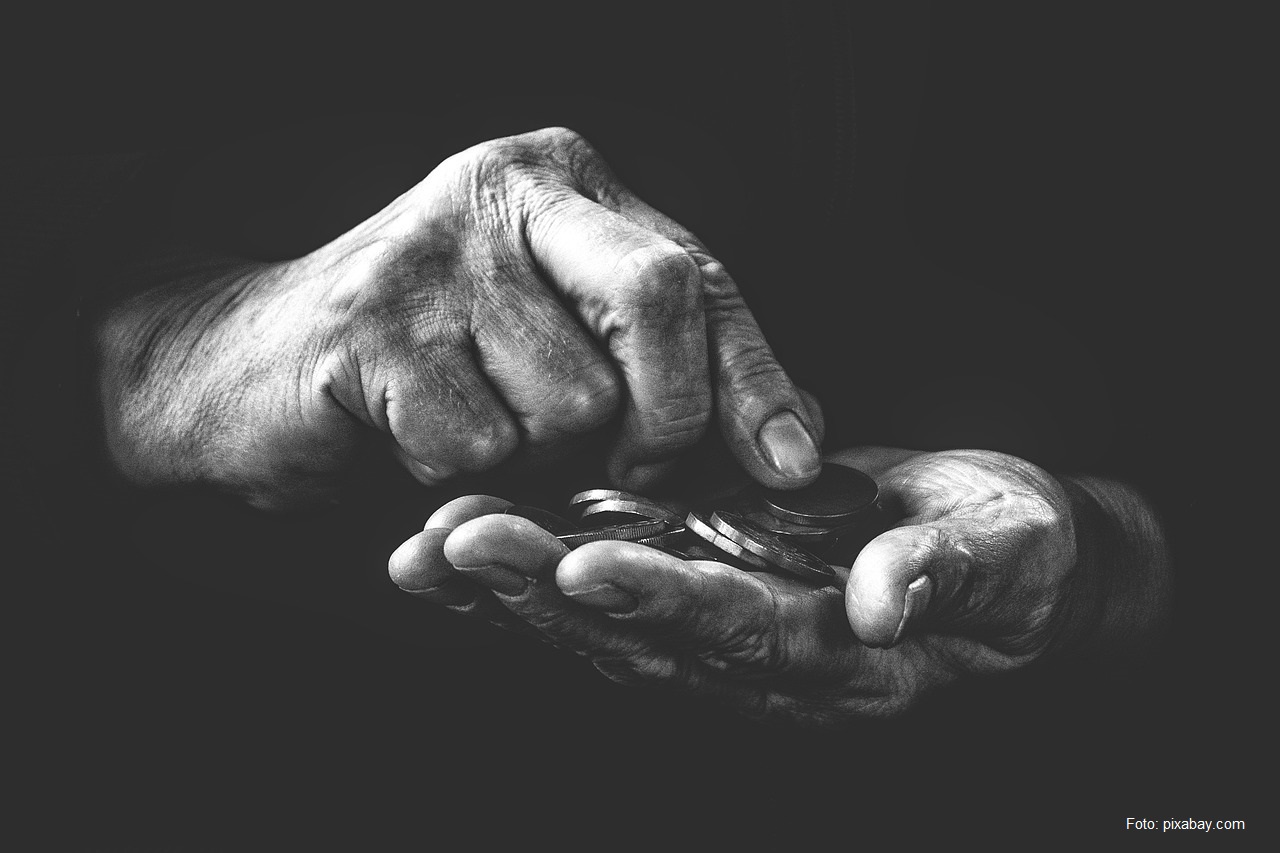Society Today
Rich country, poor people

Iulia Hau, 22.01.2025, 14:00
The risk of poverty and social exclusion is what characterises a household experiencing at least one of the three associated risks: incomes under the poverty threshold, namely 325 euros per person in 2023, material and social deprivation and a low work intensity, where adults worked less than 20% of their work-time potential during the previous year.
According to Eurostat statistics for 2023, Romania reported the highest risk of poverty and social exclusion, at 32%, followed by Bulgaria, with 30%, Spain, with 26.5%, and Greece, with 26.1%. Moreover, according to a study conducted by the Save the Children Organisation, almost one in two children in Romania (41.5%), is experiencing poverty and is at risk of social exclusion, which is almost double the European average.
Other data provided by Eurostat show that in Romania, more than in any other country in the European Union, poverty is inherited. Only 4% of Romanian children living in families with low education levels end up getting a university degree, with only Bulgaria doing worse in this regard in the European Union, with 3.9%, while children in Spain, Portugal and Greece have the highest chances of making generational progress and get a university degree despite coming from families with low education levels, at 49.8%, 37.6% and 34.5%, respectively.
How come a third of people in Romania live under the poverty threshold while the country’s GDP rose in 2023 by 2.4% compared with 2022 and Romanians spend 39.7 hours at work per week, the highest level in the European Union, where the average is 36.4 working hours per week?
Political analysts Andrei Țăranu, who teaches at the National School of Political and Administrative Studies in Bucharest, explains the gap:
“Romania reported economic growth despite and against all social policies. Moreover, it was the young generation who, in 2017, stood against social care, seeking a kind of generation that would be completely purged of the people from the rural areas, from small towns, from everything that is associated with Romania’s communist past, and especially of pensioners. I remember this horrible footage from Iaşi, which is accidentally my hometown, where we see young people throwing 1 leu banknotes in front of an old man for him to pick them up. I think that was the most terrible moment.”
Andrei Țăranu describes this generation as that of the new capitalism, “bothered” by the existence of an older generation hailing from the period of transition at the end of communism and which has different patterns of consumption and lifestyle:
“All public policies implemented in Romania post 2004 were based on the idea of economic development. Money was channelled to small and medium sized enterprises and start-up businesses. Funds are being invested at the moment in the building of motorways, but social care and many vulnerable social categories are simply forgotten. And when they do focus on them, for example on old people from the countryside, they do so from electoral reasons.”
Asked about the solutions to address these social and economic imbalamnces, political analyst Andrei Țăranu is not very optimistic:
“Naturally, the solutions are political, and can only be so. And for that we need critical mass that understands social and generational groups. I don’t think it will be possible. Some of these left-behind, who perform precarious work, who have no studies or with average studies, who work in constructions or in other precarious fields, including in the public sector, all these people are today in the street supporting these radical-fascist movements. Naturally, the other social-generational categories will not reach out to them, because they see them as enemies, as the people who want to take us out of the European Union and NATO, and blow Romania up. These people don’t want to blow Romania up, but they simply cannot live in it anymore.”
Political analyst Andrei Țăranu believes 2024 was a decisive year that further divided various social categories and that the media are sharing a large share of the responsibility. He says that, in their rush for sensational stories, the media are ignoring the broader context of the tragedies, focusing instead of cases of behavioural deviation and criminality, most often associated with the areas with a high risk of poverty and social exclusion. These so-called pouches of poverty exploited by the media are the forgotten areas of the country and the people in question are categories who do not benefit from measures to bridge the gaps separating them from the privileged population of the big cities.






























